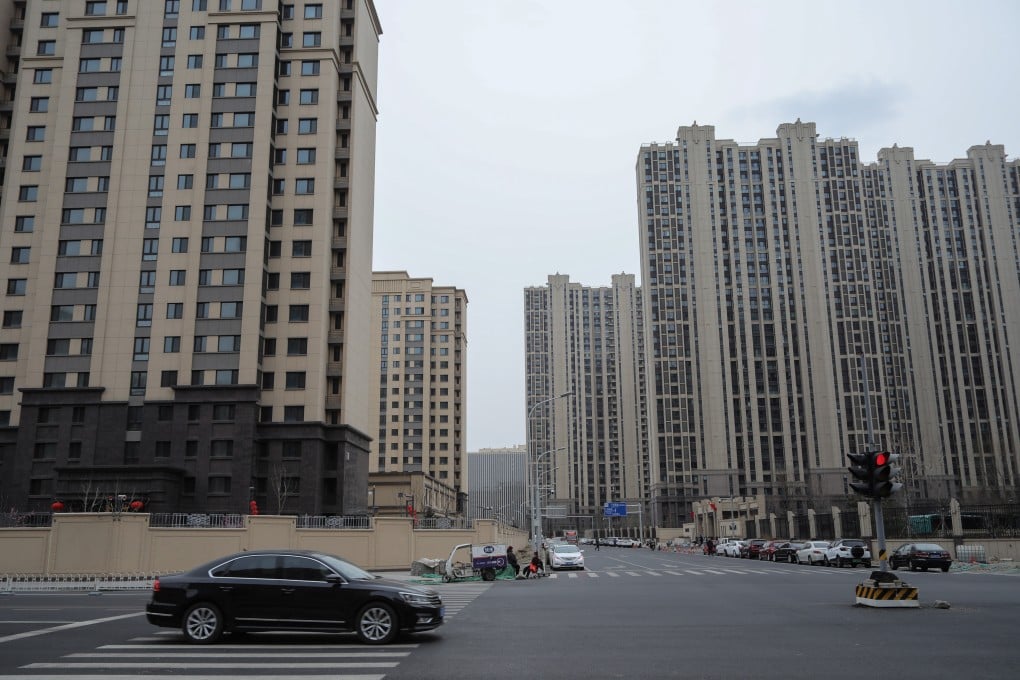Singapore’s CDL counts cost of US$1.4 billion ‘cautionary tale’ investment in Chinese developer Sincere Property Group
- City Developments Ltd last month revealed a writedown on the Chongqing-based developer that led the Singapore firm to suffer a record annual loss
- The US$1.3 billion impairment serves as a warning to others that investing in the world’s second-largest economy comes with hidden risks

In a case of a dream turning into a burden, City Developments Ltd. last month revealed a S$1.78 billion (US$1.3 billion) writedown on Chongqing-based Sincere Property Group that led the Singapore firm to suffer a record annual loss.
The impairment constituted almost all of CDL’s S$1.9 billion investment in Sincere, which more than doubled from its initial outlay as its partner’s finances deteriorated. Now CDL has had enough, saying it will no longer inject funds until the Chinese company returns to health. Cash-strapped Sincere has dragged their rift into the open after missing a bond repayment.

02:04
Houses built like pyramids go viral in China
“It’s a tightly regulated sector and swift change in policies can quickly turn the table against an investor,” said Bloomberg Intelligence analyst Kristy Hung. “In Sincere’s case, the three red lines rule heightened the refinancing difficulties of smaller-scale developers with high leverage.”
